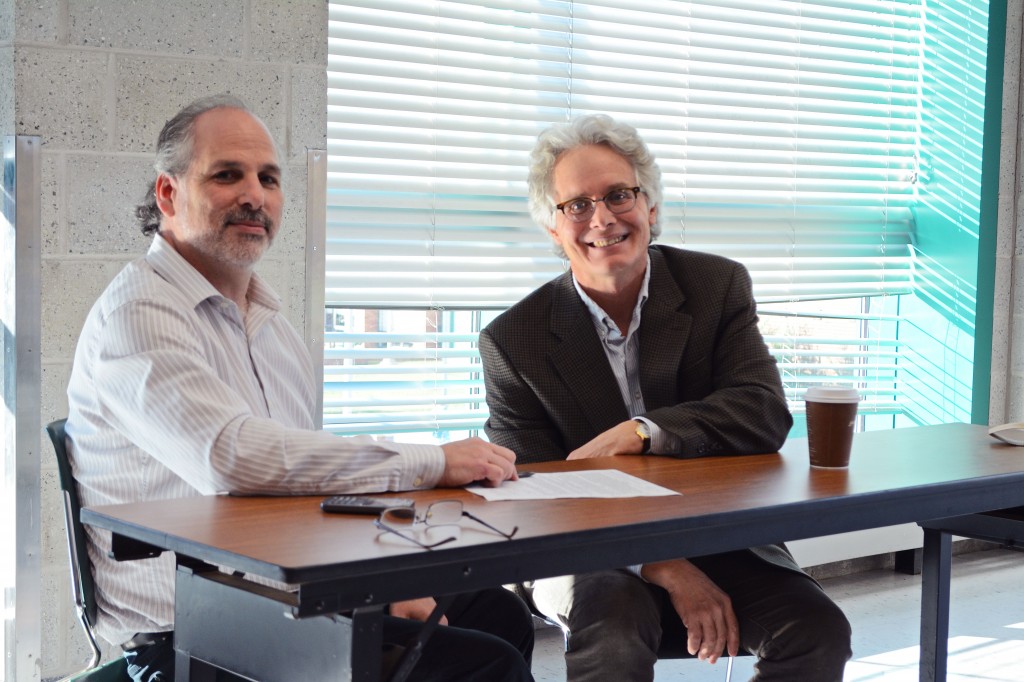
Writing isn’t limited to the liberal arts disciplines, and the “How I Write” series set out to prove that behavioral neurological science requires as much creativity as other fields.
Mark Lenzenweger, a professor in clinical science and cognitive and behavioral neuroscience, spoke on Wednesday at the New University Union about the methods he uses to write scientific papers.
Lenzenweger has published over 100 scholarly articles, a book titled “Schizotypy and Schizophrenia: The View from Experimental Psychopathology” and has edited six volumes of neuroscience research. For him, he said, the writing process begins with an interesting question.
“You’ve got to be working on something that really engages you, that excites you, that is fun, that is a challenge,” Lenzenweger said.
However, once a project is finished, Lenzenweger said he may not write about it for a few years, to assess how to approach the article.
“I’ve got one data [set] that I’ve struggled with, the story I want to tell,” Lenzenweger said. “The study has been done for a few years, the data is analyzed and ready to go, but I’ve waited for the story to crystallize for me. When I begin to actually envision what it’s going to look like on the page and can sort of hear the argument, then I’m ready to write.”
The talk was part of the the Writing Center’s “How I Write” series, which began last fall, with two speakers per semester. The series organizer, Robert Danberg, said he hoped that the talks would inspire students to learn from their professors about writing.
Lenzenweger discussed different aspects of the writing process, like setting aside time to work.
“I don’t depend on large chunks of time because they almost never materialize,” Lenzenweger said. “And when they do look like they’re going to materialize, they’re shorter than you would expect.”
Lenzenweger admits he gets stuck while writing and said it is important to backtrack and gain more information and better understand the topic.
“If I start writing and I hit a snag in a paragraph and I’m not ready to move on to the next sentence, often times I realize it’s because I need to learn a little more about what I’m saying,” Lenzenweger said.
He emphasized the importance of constant revision throughout the writing process, rather than striving to construct perfect sentences in the first draft.
“I learned over time that that just wasn’t possible,” Lenzenweger said. “Revising is a very normal thing, an essential thing.”
Despite difficulties, Lenzenweger said that he enjoyed writing because of the chance to share results and discuss them with the scientific community.
“It’s the way we share ideas and it creates a forum in which we can see one another’s ideas stated clearly, think about them, digest them, debate them and try to improve,” Lenzenweger said.
Even for students who may not be pursuing a career in academia, Lenzenweger said that the skills gained from writing from a scientific perspective can be used in other fields.
“There is a certain economy of expression in scientific reports that you won’t find in other areas; there’s a certain precision required in your use of language,” Lenzenweger said. “I think those things give you skills that you take with you no matter where you end up.”


